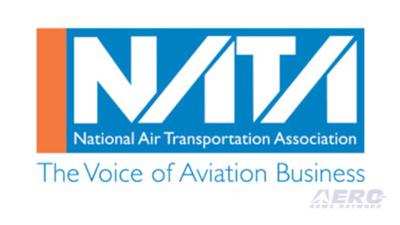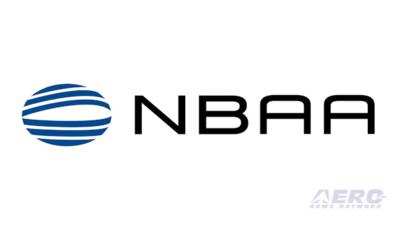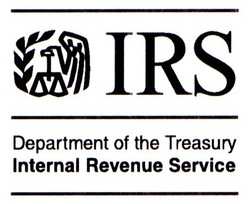NATA and NBAA Requested Additional Modifications To The Regs
NATA has partnered with NBAA in submitting detailed comments on an NPRM regarding an industry-championed legislative exemption from federal excise taxes (FET) on aircraft management services paid for by aircraft owners.

“We are encouraged by the IRS response to our request for clarification of the tax exemption for aircraft management services. This rulemaking represents another milestone in our successful campaign to ensure appropriate application and understanding of the tax laws,” stated NATA President and CEO Timothy Obitts. “Aircraft owners and their service providers need specific guidance to comply and administer these provisions. We look forward to continuing our collaborative efforts with the agency in this area.”
"We thank the IRS and the Department of the Treasury for their work on this important rulemaking, especially in light of the challenges stemming from COVID-19," said NBAA President and CEO Ed Bolen. "Our industry secured a significant victory for aircraft owners and management companies through tax reform, and we look forward to working with the IRS on a final rule that provides clear guidance and follows congressional intent."

The Internal Revenue Service (IRS) issued the NPRM on proposed amendments to the Facilities and Services Excise Tax Regulations, as defined in a provision included in the 2017 Tax Cuts and Jobs Act (TCJA). Passage of the FET exemption in the TCJA represented the successful culmination of a years-long effort to seek relief for aircraft management companies that had been subject to crippling retroactive tax assessments.
While the proposed rulemaking addressed several industry concerns regarding implementation of the exemption, NATA and NBAA requested additional modifications to ensure the final regulations accurately reflect the structure of aircraft management arrangements and are consistent with the congressional intent of the exemption.
In the joint comments, NATA and NBAA raised several significant issues, including suggesting a broader definition of aircraft leases to qualify for the FET exemption. With the wide variety of lease structures utilized by business aircraft owners and operators, the IRS should provide additional flexibility in applying the exemption and deeming that lessees are owners for purposes of the exemption.
The associations also requested the IRS modify its explanation of disqualified leases – those types of leases that will not qualify for the exemption – to better conform with the statute enacted by Congress and to ensure common types of business aircraft leases are not unintentionally disqualified from the exemption.

The comments also reinforce that aircraft owners should qualify for the FET exemption whether they conduct flights on their aircraft under Part 91 or Part 135 of the Federal Aviation Regulations, and reaffirmed that a beneficial owner under an owner trust – a common structure for registering an aircraft in the U.S. for regulatory compliance reasons – should be treated as a deemed owner and qualify for the exemption.
Finally, the comments encouraged the IRS to develop reasonable documentation standards for management companies to substantiate that payments they receive from aircraft owners to meet the requirements to qualify for the exemption.
The associations also used this opportunity to suggest improved regulations on how FET is collected and remitted for charter flights arranged by an air charter broker. NATA and NBAA emphasized the air carrier should not be held liable for uncollected taxes when the air carrier documents that it informed the charter broker of its obligation to collect FET.
NATA and NBAA further requested an opportunity to meet with IRS officials to discuss these comments in more detail as the final regulations are developed.
 ANN's Daily Aero-Term (05.09.24): Hold Procedure
ANN's Daily Aero-Term (05.09.24): Hold Procedure ANN's Daily Aero-Term (05.06.24): Altitude Readout
ANN's Daily Aero-Term (05.06.24): Altitude Readout ANN's Daily Aero-Linx (05.06.24)
ANN's Daily Aero-Linx (05.06.24) Airborne-NextGen 05.07.24: AI-Piloted F-16, AgEagle, 1st 2 WorldView Sats
Airborne-NextGen 05.07.24: AI-Piloted F-16, AgEagle, 1st 2 WorldView Sats Aero-News: Quote of the Day (05.07.24)
Aero-News: Quote of the Day (05.07.24)





